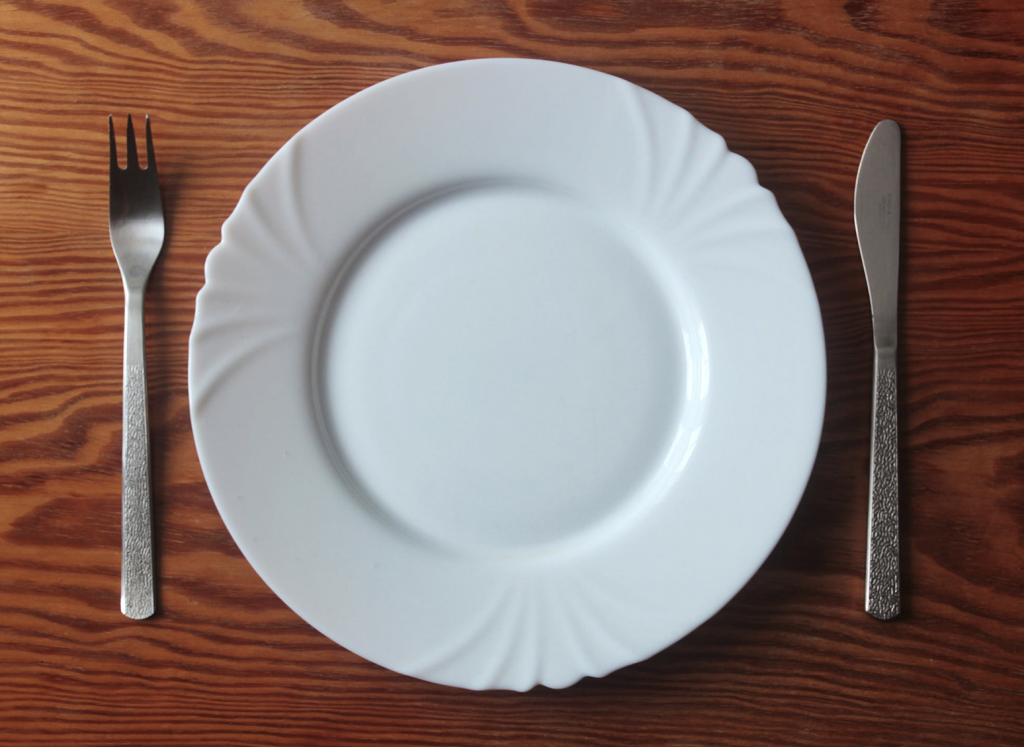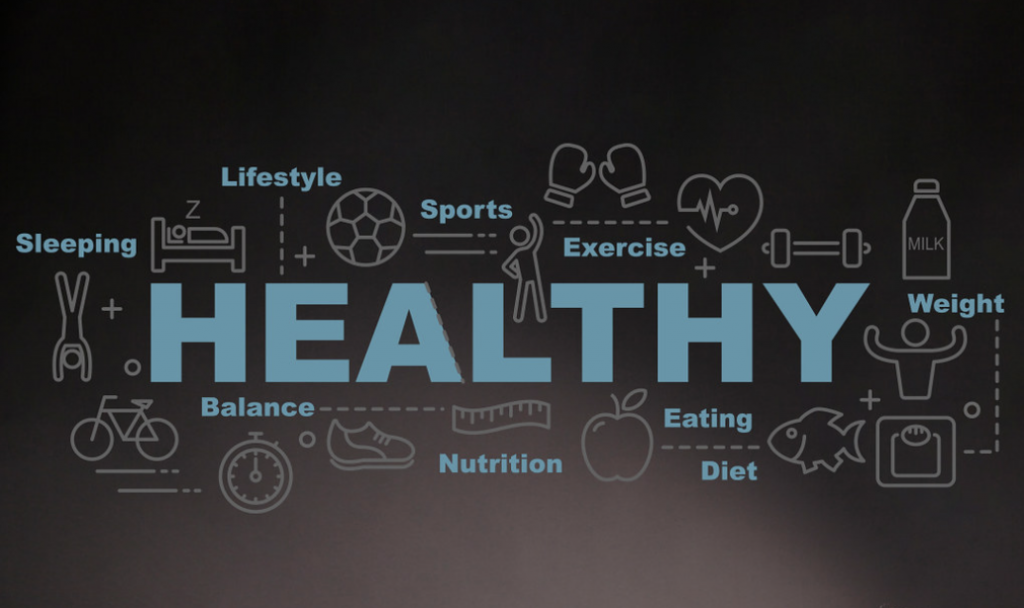4 Ways to Boost your Immune System
During the next weeks and months it will be more important than ever before to have a good and strong immune system. If you're looking for ways to boost your immune system, here are 4 key steps.
This is maybe the most important article which I have ever wrote in the last years for my different websites.
Here is my disclaimer: I have to mention that I’m not a doctor and all my knowledge comes from reading different books and studies during the last few years. I’m a sports teacher working in a sport high school and I’m a personal fitness trainer. All information I provide in this article is my personal advice.
So let’s start with the 4 ways you can boost your immune system so that you are more resistant against any kind of virus.
There's no doubt that it will be beneficial if we can get your immune system as strong as it possibly can be. The thing is that the human immune system is a very complex system. But I try to explain it as simple as possible.
I think it's obsolete to mention that it is not beneficial for your immune system if you smoke and drink too much alcohol. Smokers have an increased risk of catching infections and suffering severe complications from those infections.
STEP 1 - Get enough Sleep
Make sure you're getting enough sleep. Sleep is crucial to immune system function. There are a lot of different studies which all show the same result.
When you don’t get enough sleep, you’re more likely to become ill after being exposed to a virus. This is because your immune system works hard while you sleep: It releases proteins that you need in order to fight an infection or inflammation.
Experts recommend to sleep at least 7 to 8 hours every night. Teens should get 9 to 10 hours.
STEP 2 - Improve your Diet
Our immune system needs certain micronutrients. All of these micronutrients happen to
come from plant foods. So it makes sense to make sure your diet is packed full of fruits and vegetables. The worst thing you could possibly do is eat food that have a low nutritional value. So food like processed food, fast food, refined carbohydrates and refined sugars are really bad for your immune system.
There are some kind of fruits and vegetables which I can recommend to eat to boost your immune system:
Fruits: apples, cherries, grapes, mango, kiwi, pears, bananas, pineapple, blueberries, papaya, dates (we often use them instead of sugar), nuts and seeds (foods rich in vitamin E)
Vegetables: sweet potatoes, pumpkin, broccoli, olives (olive oil!!), beans (kidney beans), cauliflower, sauerkraut, avocado, asparagus, artichokes, spinach, garlic all kind of green salad.
Additionally good sources of flavonoids are green tea, blueberries and dark chocolate. Most of the studies I looked at looked at anywhere from 1,000 to 5,000 milligrams of flavonoids daily. For upper respiratory tract infection prevention just to give you an idea 1,000 milligrams can be obtained by eating a hundred grams of blueberries, a hundred grams of dark chocolate or a 250 ml glass of Shiraz red wine or 250 ml of green tea.
NOTE: This list only shows a selection of vegetables and fruits that I can recommend. Of course, others are important too.
If you want to boost your immune system with supplements I recommend vitamin D3 in combination with vitamin K2.
The first recommendation would be to get your vitamin D levels checked. That way you know whether you're high or your fear low. If you are normal or high there’s nothing really to worry about. But if you're low you might want to consider supplementing. There are a plenty of studies demonstrating that supplementation with vitamin D anywhere from 400 up to 2,000 international units or IU per day will prevent a flu and other respiratory tract infections.
I think it is safe to supplement with 1000 IU per day in order to optimize immunity and prevent infection.
STEP 3 - Start with Intermittent Fasting / Prolonged Fasting
A lot of studies show that a 3-5 day fast can essentially reset the immune system, providing many potential benefits. These benefits include better cardiovascular health, better endurance, lower blood pressure, and reduced inflammation.
Valter Longo and colleagues at USC made a study in 2014 and found that fasting lowered white blood cell counts, which in turn triggered the immune system to start producing new white blood cells. White blood cells (or lymphocytes) are a key component of your body’s immune system.
Once you start eating again, according to Longo, your stem cells kick back into high gear to replenish the cells that were recycled.
The good news is that you only need to fast once or twice a year to gain the benefits that Longo described.
During the last 6 years - since Longo's study - multiple strategies for fasting have been tested. It turns out that you can get many benefits of fasting without doing a 3-day fast, which for most people is really difficult to accomplish. Instead, you can try a much easier type of fasting, called "time-restricted" fasting or more known as intermittent fasting.
If you don’t know what intermittent fasting is - here is a short description how it works:
There are different strategies how you can implement intermittent fasting in your life. I recommend to start with the 16/8 strategy: It involves skipping breakfast and restricting your daily eating period to 8 hours. Then you fast for 16 hours in between. During the fasting periods you eat nothing at all. You can consume only plain water (flat or carbonated), or black coffee (no sugar, no milk), or unsweetened tea. Keep it easy. Eat your meals during your eating window. In my personal experience, intermittent fasting works best when combined with a low carb-high fat diet of real, whole foods and a lot of vegetables with 2 meals a day. This is a fasting strategy which you can do every day.
NOTE: All the experts agree that fasting methods are not suitable for children and adolescents or pregnant women.
STEP 4 - Start with moderate Workouts
Over the long term, studies have shown that during moderate exercise immune cells circulate through the body much more quickly and they're able to kill bacteria and viruses better.
The exercise should not be too intense and it should not be too mild. Research shows that people who exercise in moderation report fewer colds. Regular consistent exercise leads to substantial benefits in the immune system health.
That’s it. I hope you can improve your immune system with this 4 step guide. Stay fit and healthy.






